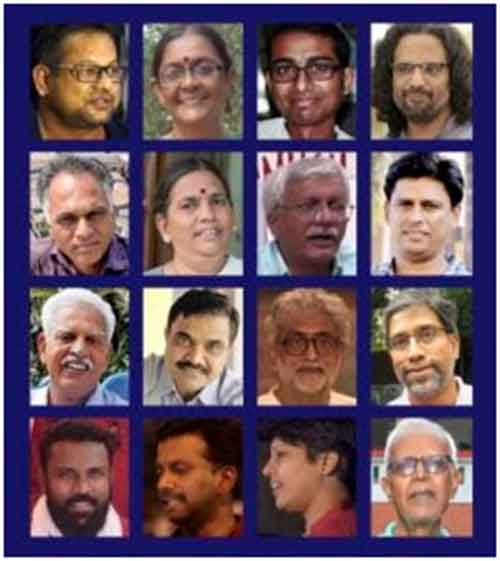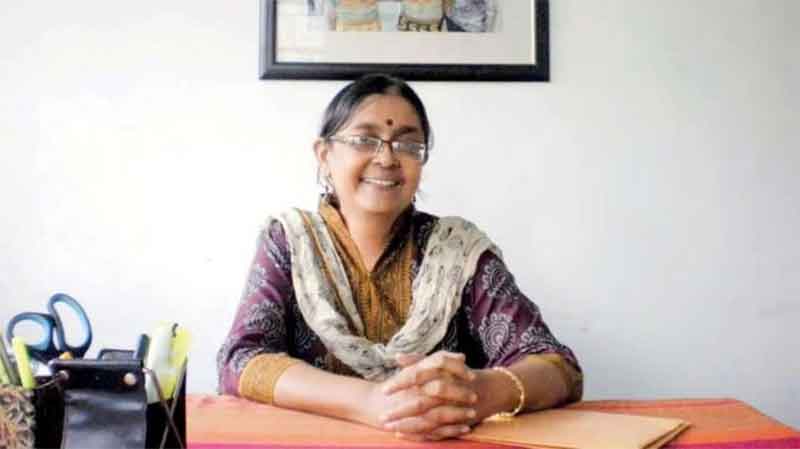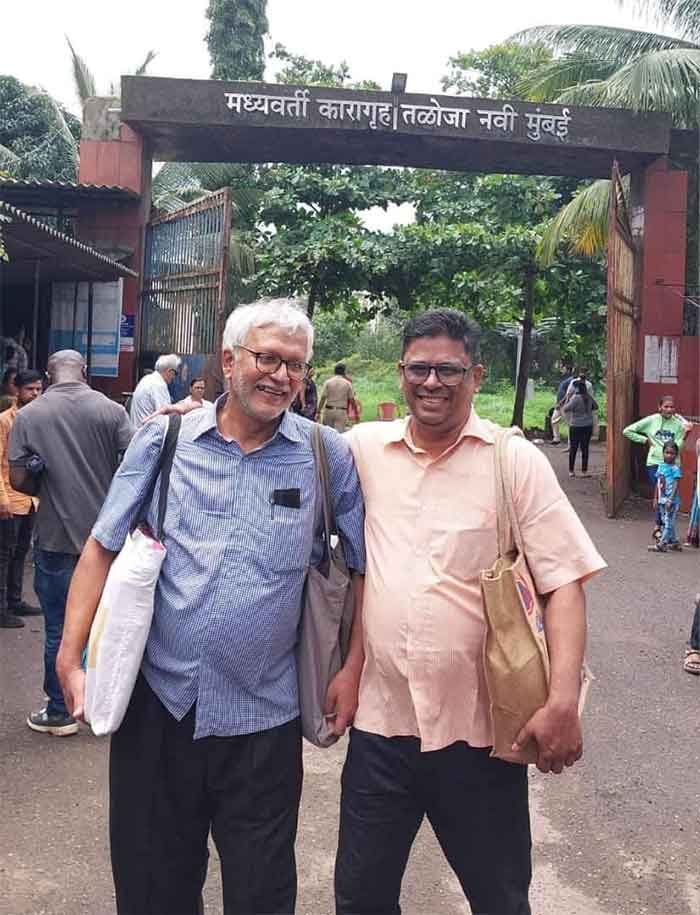
Supreme Court’s firmness in upholding the Bombay High Court’s order granting bail to Anand Teltumbde has been widely appreciated. However, we must also listen to what this 73 year old distinguished scholar activist, coming out after spending 31 months in prison, had to stay regarding the case in which several other distinguished activists have also been implicated—“the sad thing is that this is the fakest case and it put us behind us behind bar for years.”
The reference here was of course to the notorious Elgar Parishad case which has been attracting strong criticism from several human rights and democracy activists during the last few years. 16 activists known for their pro-poor leanings and work, including human rights lawyers and scholars, were arrested in this case in issues relating to events in Pune in 2017-18, which essentially related to mobilization of a large number of pro-poor organizations for cultural and related celebrations. Unfortunately there was some violence later at another gathering with several common participants. Several of those arrested, for example Fr. Stan Swamy who died in the course of imprisonment, leading to worldwide expression of dismay, were completely at loss to understand why they were being arrested in this case.
One main accusation has been that Elgar Parishad event had Maoist links. This allegation should have been dismissed at a very early stage as two retired, highly respected senior judges had clearly stated that they were the organizers and fund mobilizers. It is amazing that the authorities who built up this case did not heed such a stand taken by two retired distinguished judges with complete clarity, leaving no room for doubt. These judges were helped by a large number of pro-poor organizations of the region to stage the event, which testifies to the broad-based, open, non-secretive, transparent nature of the event, as stated by the two learned judges as well.
What is more, these two judges have been known for their exceptional integrity and concern for justice to the poor and weaker sections. Justice P.B.Sawant, was earlier a judge of the Bombay High Court and subsequently of the Supreme Court of India. He then became the Chairperson of the Press Council of India and showed high concern for ethical issues relating to media. Justice (Retired) Sawant breathed his last some time back, after having been very distressed in his last days at the way in which the Elgar Parishad case had been built up and pursued by the authorities. Justice B.G Kolse-Patil was a judge of the Bombay High Court at a relatively young age. Both of these judges immersed themselves in pro-poor, communal harmony and national integration activities after their retirement. Hence the organization of a big pro-poor event by them was very logical and understandable in terms of their various other activities and should not have led to any suspicions at all. Several of the activists who were arrested in the Elgar Parishad case were not even known to these two judges who were the main organizers, and in fact the judges and the arrested activists, as well as their family members and well-wishers have been at a loss to understand what exactly is the base of this case and its wide-ranging accusations involving so many persons living in many different parts of the country.
While Fr. Stan Swamy died in the course of his imprisonment in this case, serious medical problems of several other imprisoned activists have also been highlighted from time to time by their family members as well as lawyers.
Such cases which appear prima facie to involve a lot of injustice are bringing a lot of avoidable disrepute to the human rights record of our country at a time when , particularly due to its presidency of G-20, the country should do all it can to improve its human rights record. Hence the Supreme Court should speed up the process of justice in such cases, such as Elgar Parishad and other much discussed cases such as the case involving G.N. Saibaba.
Apart from such well-known cases, it is important to provide speedy justice also in the case of several other grassroots activists or even simple peasants and workers who were implicated in false accusations, then left to languish as under-trial prisoners for a long time. Some of those imprisoned under Elgar Parishad were in fact trying to provide much-needed legal and other help to those facing such injustice.
On November 26 President Droupadi Murmu said, “Our job is to think about the poor undertrials languishing in jails. We all have to think and come out with a way…” (reported in The Tribune, November 27). In keeping with this spirit, we have to take ahead this task, with special emphasis on those who have struggled to protect the rights of the poor.
The writer is Honorary Convener, Campaign to Save Earth Now. His recent books include Man over Machine (Gandhian ideas for our times), When the Two Streams Met and a Day in 2071.














































